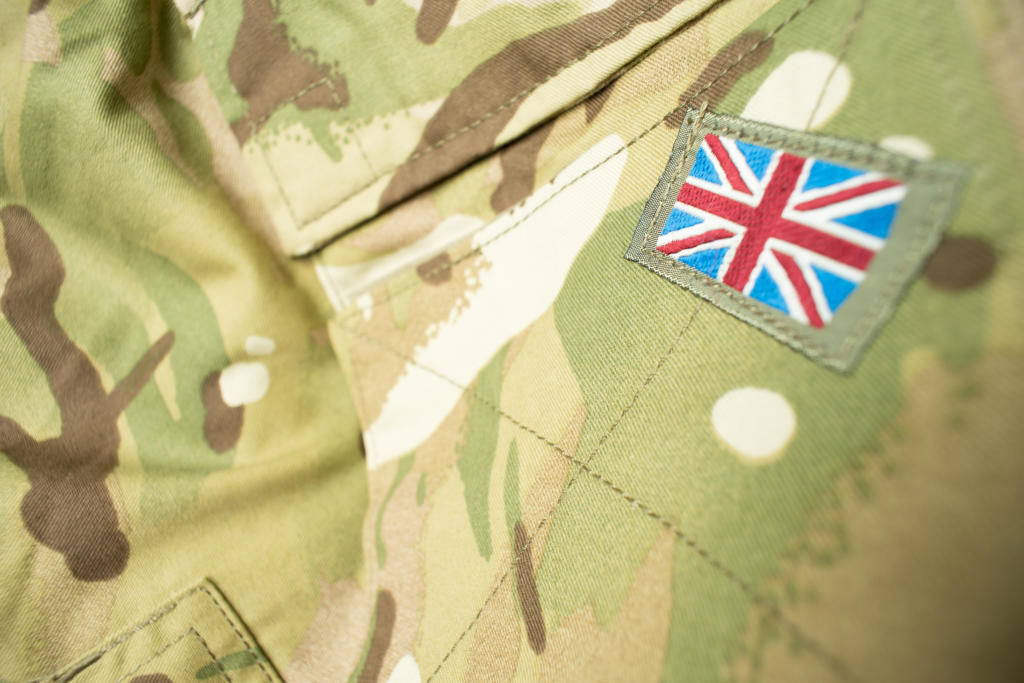
Are you in the armed forces and looking to purchase a property either jointly, with your partner or in your sole name? Do you know what documents you’ll need to protect yourself?
If you are in the armed forces and looking to make the most of the increasingly lively property market and recently announced SDLT relief by purchasing a property, it is absolutely vital to be aware of the documents you should put in place. Documentation like Cohabitation Agreements and Declarations of Trust help to protect your financial contributions and property in the event your relationship breaks down or you pass away.
Here are some stats:
In recent years, the number of military personnel owning their own home has increased to 49%, but worryingly few are aware of the risks of purchasing a home with an unmarried partner. There are consequences of failing to put in place a Cohabitation Agreement or Declaration of Trust.
Why do I need a Cohabitation Agreement or Declaration of Trust?
For those in the armed forces, a Cohabitation Agreement is arguably even more essential due to the unpredictable nature of their career and the way in which income can be received.
For example, it may seem sensible for an enhanced paycheque as a result of Long Separation Allowance or Living Overseas Allowance to be used towards fitting a new kitchen for your property post-purchase, but is that additional contribution protected if the relationship breaks down or the property is sold? The simple answer is no unless you put in place the right document. This common misconception just one of the many we see and can often result in a nasty shock for one party if the relationship ends or one party passes away.
Let’s bust some myths about cohabitation and property
Myth #1 – A cohabitee is automatically entitled to any pension or life insurance pay out of the other if they die
A cohabitee is not automatically recognised as a beneficiary under many pension and life insurance policies, so it is vital that you have completed the necessary nomination forms with your provider to ensure that any pay out reaches the intended person.
Myth #2 – The property is in my name, so my partner doesn’t have any financial interest in it
Your partner may have been helping to pay the mortgage and bills, or made a contribution to the redecoration or renovation of the house and these alone may be enough for your partner to gain an interest in your property. Putting in place a Cohabitation Agreement can attempt to debar claims against your property by your partner and preserve it for you.
Myth #3 – I contributed more to the deposit than my partner, so I automatically get more back when the house is sold
This will depend on whether you and your partner elected to hold the property as joint tenants or tenants in common, and whether you entered into a declaration of trust or not. You can enter into a declaration of trust and cohabitation agreement post-purchase to ensure that your greater contribution is ring fenced for you.
Myth #3 – My share in the Property will automatically pass in accordance with my Will
Again, this depends on the legal ownership of the property. If it’s held as Joint Tenants, your share in the property will automatically pass to the other owner through survivorship, regardless of the provisions of your Will. If the property is held as Tenants in Common, your share in the property will pass in accordance with the provisions of your Will or under the rules of intestacy.
The above represents a snapshot of the issues unmarried partners should know. Everyone should be clear on how a property is held along with the implications for them if their relationship breaks down or one of them dies.
A Cohabitation Agreement and Declaration of Trust offers protection and reassurance to both parties on what would happen if the relationship breaks down or one party dies. Get in touch with a member of our specialist Cohabitation team today to find out more.
